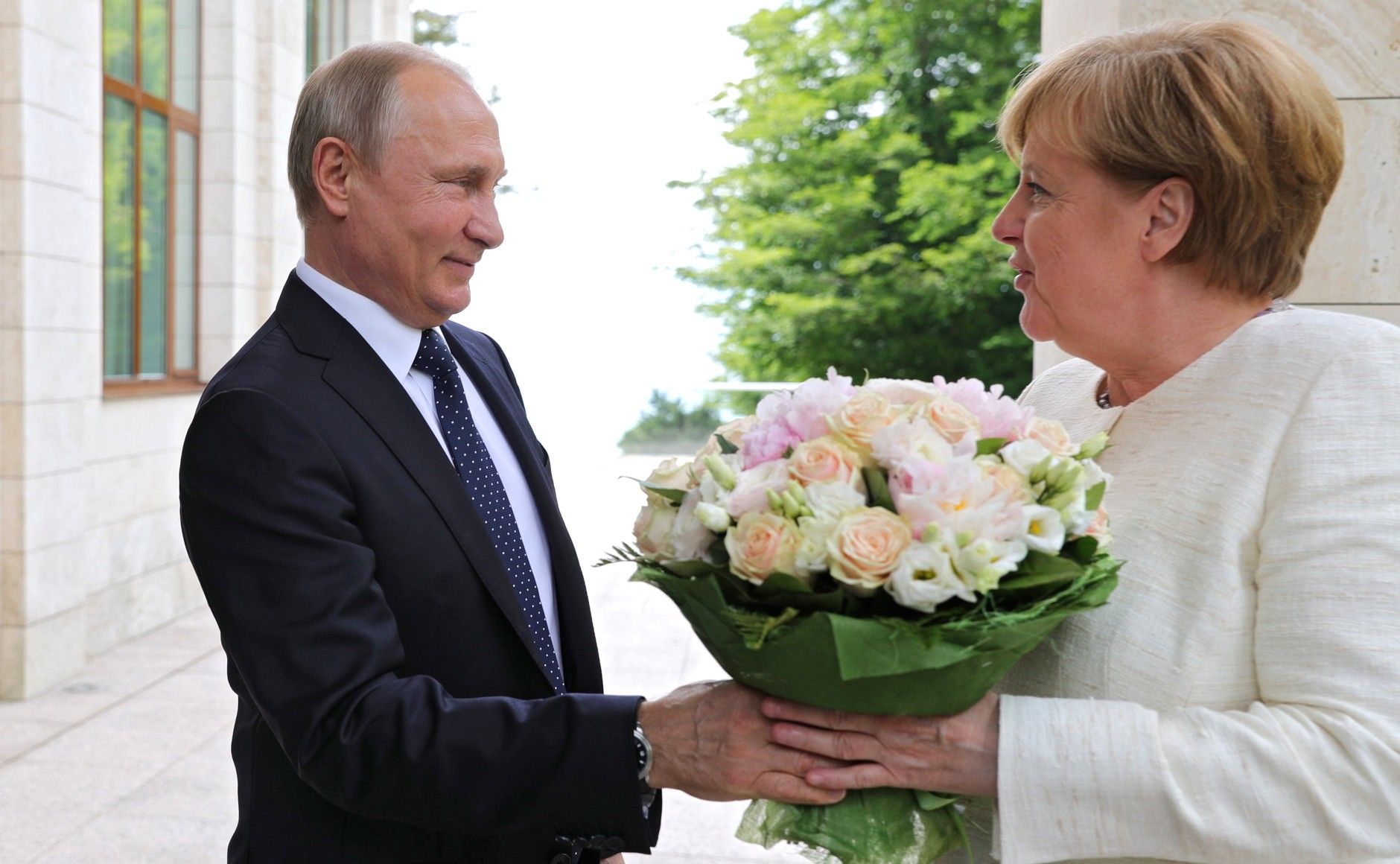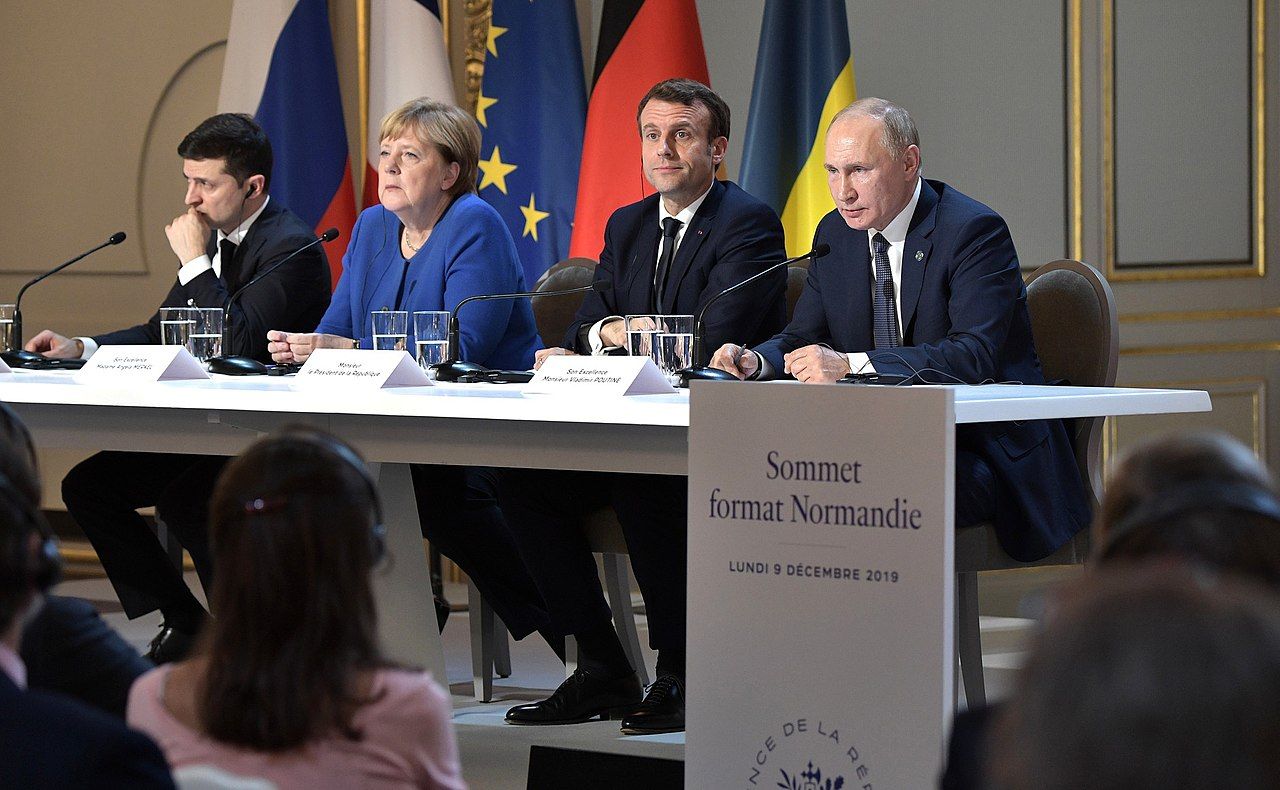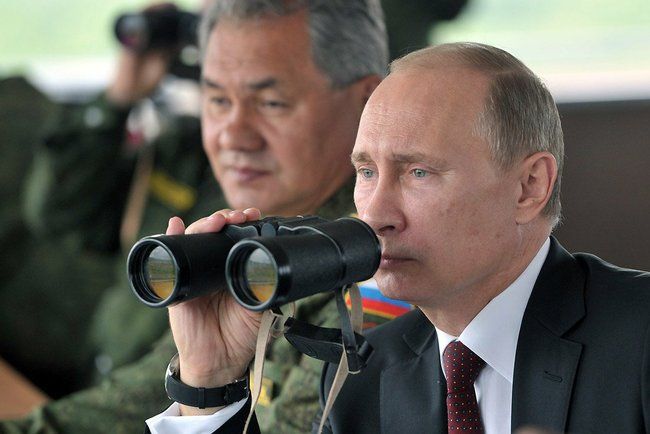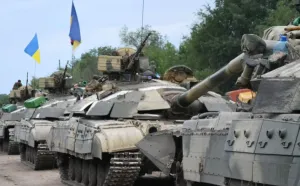Christopher Healey holds a BS in Political Science from Kenyon College, where he also studied Religion and French. He works on the communications team of a foreign policy think tank in Washington, D.C., though the views in this article are his own, and he is writing in an entirely independent capacity.
There is no winning situation for Ukraine. Whether Russia pulls its troops back from their positions on the Ukrainian border or launches an invasion to topple the country’s government, Ukraine will remain a victim of geography and geopolitics: dreaming of an alignment with the prosperous West but dragged east by Russia.
Take the most “optimistic” case as the majority of Ukrainians see it: NATO and EU memberships. This is an understandable desire. Other post-Soviet countries in Eastern Europe and the Baltics have come to enjoy the security guaranteed by NATO membership and the prosperity generated by participation in the EU. And while democratization has foundered in some Western-aligned post-Soviet nations in recent years, all of them are considered more consolidated democracies than Ukraine.
Ukraine’s Western aspirations, however, are divorced from both geographic and geopolitical reality. The current crisis between Ukraine and Russia is a result of Vladimir Putin’s desire to revise the post-Cold War regional order, particularly with respect to Russia’s immediate neighbors. As a result of that desire, Russia has conducted a campaign of hybrid warfare in Ukraine, combining cyber attacks, the annexation of Crimea, and support for rebels in Ukraine’s Donbas region. In this context, the looming possibility of conflict which would trigger Article 5, NATO’s common defense provision, is almost certain to prohibit Ukraine joining the Alliance. The United States, which contributes by far the most manpower to NATO, is already an “overstretched superpower” and has focused on shifting the bulk of its attention to Asia.
When it comes to the European Union, the situation is similar. As one of Europe’s largest energy suppliers, Russia exercises disproportionate influence over European political calculations. Were Ukraine in the European Union, Brussels would immediately find itself juggling a major conflict of interest between current member states and Ukraine. The problem is compounded since the EU’s two most powerful countries, Germany and France, would prefer rapprochement with Russia to varying degrees rather than confrontation.
None of this is to say that the West will or should let Ukraine fall to Russian revanchism without a significant response. After all, Ukraine is a sovereign state and inching, however imperfectly, towards liberal democracy. Moreover, given the demands issued and rationale given by Russia regarding the current crisis, it’s not clear its ambitions stop at Ukraine or if they extend to the entirety of post-Soviet Europe.
If Russia chooses to invade, it would likely result in a bloody Ukrainian insurgency, indeed, the bloodiest conflict on European soil in decades. Thanks in large part to U.S.-backed funding (and increasingly British and French aid), Ukraine’s military is nearly twice as powerful as it was following the annexation of Crimea in 2014 and would inflict significant damage on Russian forces. Even so, however flawed, Russia remains a global power with one of the world’s preeminent militaries. With the right combination of military power, time, national will, and no outside interference, Russia could be capable of “grind[ing] forward” to seize swathes of Ukrainian territory and exact drastic concessions. The upshot, even if Russia is unable to achieve its military objectives, would be a shattered Ukrainian economy and a refugee crisis in Europe that would dwarf those it has experienced in recent years.
This leaves the scenario where some version of the status quo is maintained to quell a Russian invasion, with the government of President Volodymyr Zelensky remaining in charge. It’s hardly clear how that would be achieved, whether the separatist regions in Donbas would be recognized as independent, whether the United States will remain firm in refusing to publicly forswear the possibility of NATO accession for Ukraine, or whether Ukraine will be permitted to continue inching westwards.
But even in the most optimistic of these status-quo scenarios, Ukraine’s physical proximity to Russia—without the benefits of NATO or EU membership—places a low ceiling on its possible success. If it draws too close to the West, Russia may feel provoked and escalate military and economic pressure on Ukraine and Europe like is it is now. If Ukraine fails to continue democratizing, corruption and the flight of spooked investors will crush Ukraine’s economy while its increasingly educated population will lose faith in the legitimacy of the government.
There’s an important—if unpleasant—lesson in Ukraine’s present tragedy. The reality is that a country’s location and how it is situated in the broader geopolitical context impose limitations on whether or not it can successfully democratize. Domestic problems like corruption and political instability are crucial to understand, but they are also influenced by geopolitical context. And geopolitics itself may make a country like Ukraine a victim of great power politics, forcing it to postpone—at least for now—its democratic aspirations.
Subscribe to SpectaclesMake sure to check out the rest of our coverage of the ongoing tensions in Europe:






Comments
Join the conversation